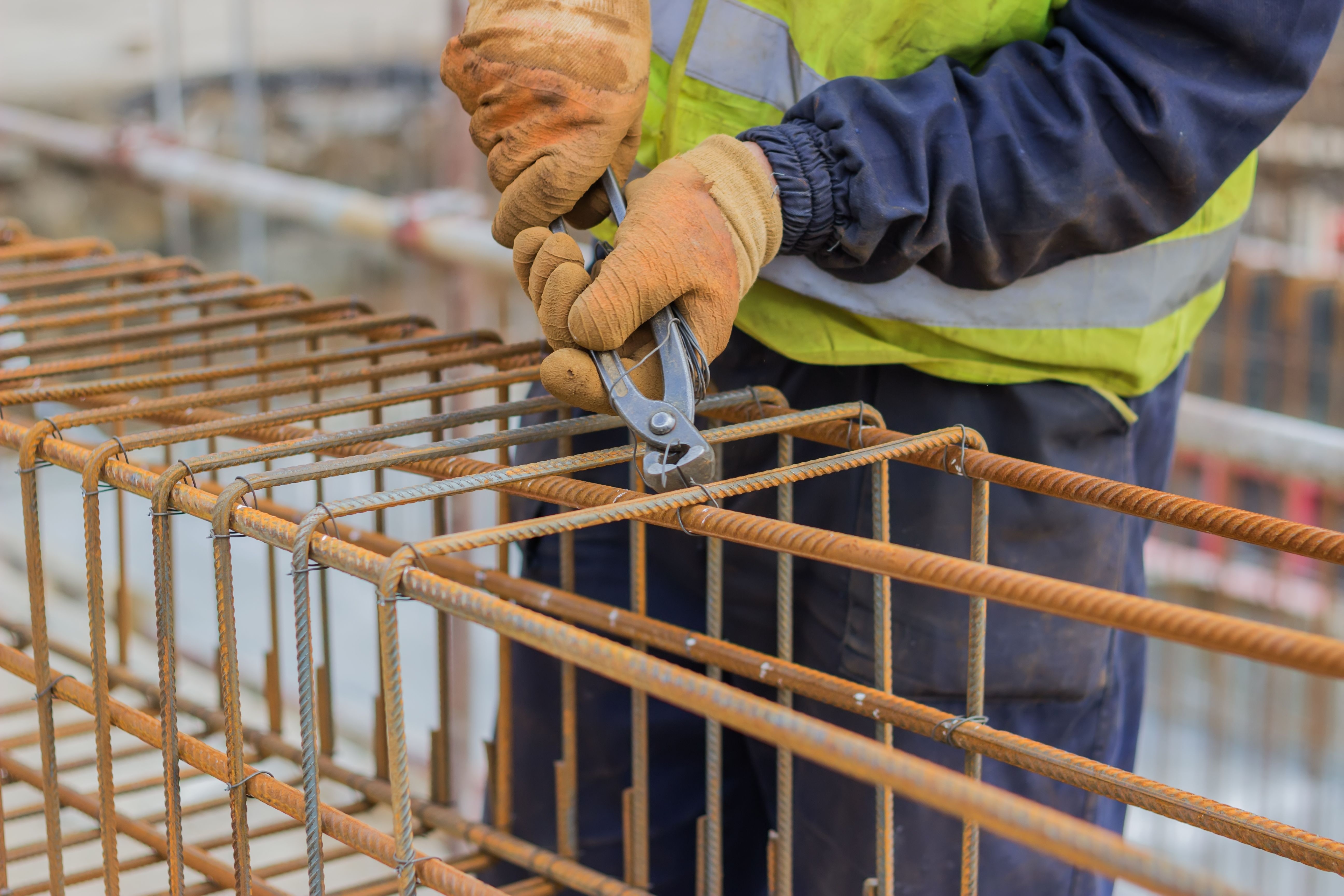What Skills Do I Need?
-
Physical Fitness
The strength and stamina to handle heavy materials and perform physically demanding tasks.
-
Technical Skills
Proficiency in reading and interpreting construction plans, and in using tools and machinery for cutting, bending, and fixing steel.
-
Attention to Detail
Precision in placing and securing reinforcements to ensure the structural integrity of concrete elements.
-
Safety Awareness
A strong understanding of and adherence to safety regulations, especially when working at heights or with heavy materials.




